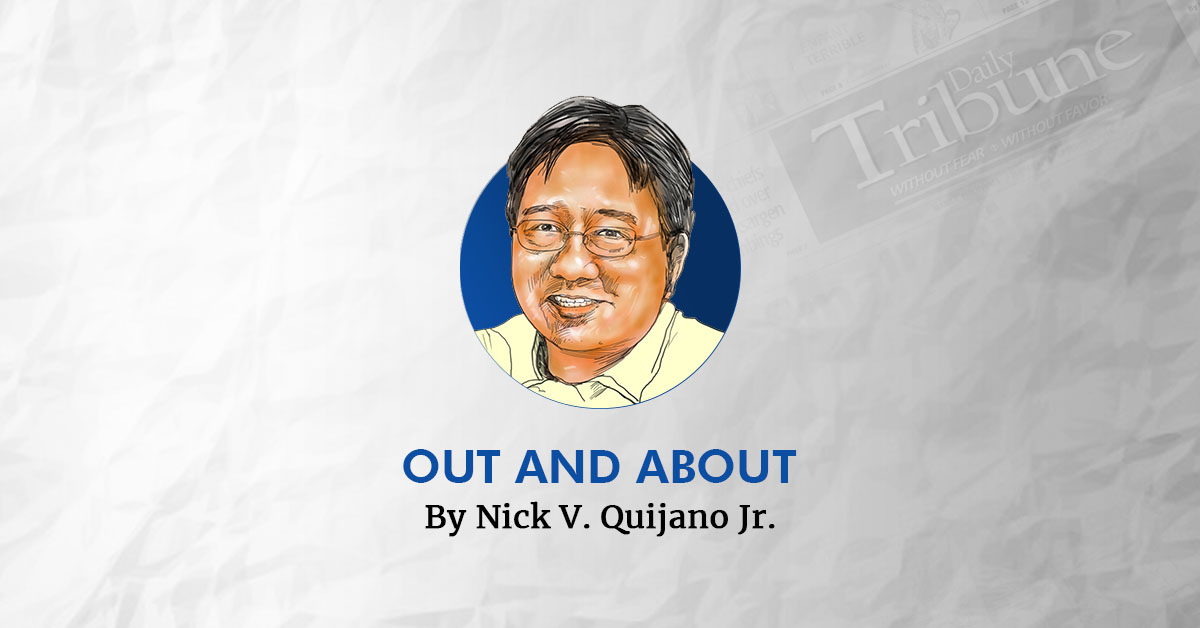Obscuring the undeniable fact that inflation has grave political consequences is an utterly despicable exercise.
Futile, too. Any attempt to consciously spin a very real gut issue comes off as a mercenary intent to placate nervous powers that be rather than exercising honest political obligations to resolve the issue for the suffering public’s benefit.
Yet, an unsavory few stubbornly and noisily persist in doing this. They’re beguiling us with extraneous, often nonsensical, political asides unrelated to providing workable solutions to the intricate political issues surrounding the surging inflation.
It’s ironic, too, since the gaslighting attempts are evidently in stark contrast to Mr. Marcos Jr.’s candid political realism about today’s hard times.
“People are having a hard time. Bigas ito eh. Iba ang usapan pag bigas (This is rice. It’s different when you are talking about rice) … kaya hindi mo masisi ang tao. Talagang naghihirap sila eh (that’s why you cannot fault the people. They are really suffering),” Marcos said Wednesday.
If anything, the Chief Executive had just confessed his desperate straits, even if he said he wasn’t at all “surprised” about his souring relations with the public, particularly the D and E classes.
The President’s remarks were made in relation to survey firm Pulse Asia Research Inc.’s recent poll showing that his and Vice President Sara Duterte’s public approval and trust ratings had dropped by double digits.
According to the survey, the slump in the Chief Executive’s approval and trust scores was mainly due to public anxiety about the surging inflation and the administration’s handling.
Ms. Duterte’s slump, on the other hand, was due possibly to her inordinate request for confidential and intelligence funds.
Combating the cost-of-living crisis cannot be deadly serious politics since it colors how people perceive what the Marcos administration is doing or not doing about it.
Quite simply, Filipinos are paying extra attention to inflation for the fact that rising prices cut into the real incomes of most Filipino households, especially the poorer ones.
Any cuts to real income often lead to anger and resentment, political fallout that can’t be swept aside.
Even more troubling, the all-around pessimism about rising prices can worsen. A volatile mix of rising fuel prices, stagnant wages, and a sliding peso compounds current inflationary woes.
Should these anxieties worsen further, there’s no other near-term consequence but increasing political pressure on policymakers and bureaucrats to forcefully deal with inflation.
In short, it means, as one political wag aptly put it, party time for our fun-loving officialdom, who always seem to be behind the curve on pressing issues of the day, is officially over.
It also means, as some in official and critical circles are already loudly suggesting, it’s time for the administration to soberly assess who are the deadbeats in the Cabinet and other sensitive government offices.
Can this administration make the necessary tough decisions about its own people to head off actual political turmoil?
Still, tough decisions are the order of the day. And tough decisions, in turn, raise the following big questions: How did we get here? What is to be done to bring inflation back under control? Are current policies tight enough already? If not, what further steps might need to be taken?
Difficult are the questions. But all of us can’t help but demand answers from the policymakers in ways we can understand them.
Not only because we have the right to be properly informed but also because we can’t permit these people to bring us all down with them.
And while we’re at it, we might as well confront squarely how this administration is tackling other gut issues besides the cost-of-living crisis.
Besides inflation, the Pulse Asia survey said other top concerns bothering Filipinos about this administration are its efforts to reduce poverty and fight corruption.
Understandably, this debt-ridden administration has a tight headroom insofar as reining in inflation and reducing poverty.
But it certainly does have more than enough headroom to fight corruption. Cracking down on profligate corruption is another demand of the hour.
